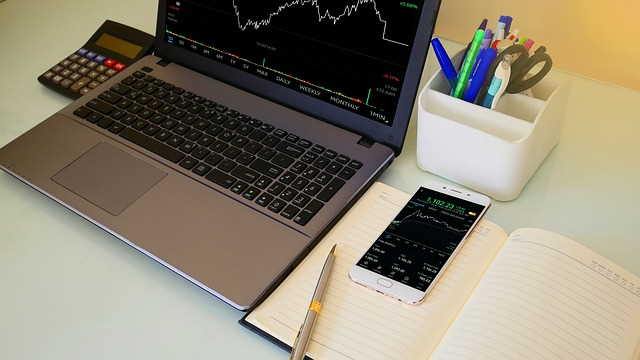In South Africa, the forex market has been growing exponentially. The local trading community is now the largest on the continent. As a result, brokerage is a highly competitive field. Local and international brands are vying for the population’s attention. Here is everything you need to know about brokerage in South Africa.
Functions of a Broker
Brokers are the middlemen between clients and the global markets. They make the foreign exchange (with its 6+ trillion US dollars of daily volume) easily accessible. Retail trading and brokerage have been a reality since the 1990s. Previously, only large institutions like banks and hedge funds were allowed to profit through currency operations.
A registered account is your gateway into the market. Brokers also provide the necessary software, offer support and process financial flows. Choosing the right intermediary is the deciding factor. Trading conditions are not the only comparison criteria, though. First, you need to be sure the company is legit.
1. Licensing and Regulation
Unlike Nigeria, South Africa has diverse regulatory rules in place. Its legal framework is the most stringent on the continent. Designed to lower clients’ risks, it is imposed by the FSCA. This is the most stringent Forex market regulation in Africa. The South African Financial Sector Conduct Authority monitors and controls all financial activities in the country.
Brokers, both local and international, are licensed by the organization provided they comply with the requirements. Companies are obliged to report all CFD trades and segregate client funds from their corporate capital. They treat clients in good faith and contribute to financial literacy in the country.
Trusted brokers do not just provide the tools — they teach you how to use them. FSCA also deals with conflict resolution. If a trader feels mistreated by their middleman, they may report the grievance to the regulator.
International companies may have licences from other jurisdictions. For example, the Forextime giant has official approval from the FCA in the UK and the CySEC in Cyprus. The brand is also registered by the FSCA, which attests to its lawful status in the country.
2. ECN or Market Maker?
In the brokerage industry, there are two ways to make money. What sets market makers apart is their ability to ‘make the market’ — i.e., tweak the quotes a bit to include the costs. The rates displayed through trading platforms deviate from the real market quotes, but no commission is charged.
Electronic Communication Networks, or ECNs, charge a commission per trade. Traders use streaming quotes from the global currency exchange. The second difference relates to where the profit comes from.
Market makers provide liquidity for all trades. It means they sell a currency when the client buys it and vice versa. This is why they are known as ‘dealing desk brokers’ — trades are held within their system. ECNs connect clientele to other sources of liquidity instead.
By definition, the first model pits the interest of brokers against those of traders. After all, any profit comes from their accounts. ECNs are more transparent, as you know exactly how much each operation costs.
However, fierce competition forces companies to offer tight spreads whatever their type. In practice, there is little difference. Big brokers offer both types of FX trading accounts, so you can choose between wider spreads and commissions.
3. Feedback and Reviews
Do your homework — check review sites to see what experts think. Forex brokers offer different conditions, and these are compared in detail. Check that their live accounts give access to the right instruments. Make sure entry is affordable. All these things are analysed by forex industry experts.
Customer feedback is just as crucial. Search for online communities and forums where traders flock to. Be wary of five-star ratings, though — no real company is perfect for everyone all the time. However, reviews with one or two stars may also be fishy.
4. Opportunities for Demo Trading
Scammers do not care about education — they only want you to fund your account. Reliable brokers emphasize trading risks and offer ample instructional content. Demo accounts are an essential component of preparation.
These are free and unlimited, so one may build the right skills at their own pace. Fill in a basic form online and use the credentials to unlock your software. The system will simulate real trades. Explore the features, try out different strategies, learn to analyse charts, etc. Experts recommend spending at least 3 months in the safe mode.
Make the Right Choice
Choosing a broker in South Africa is more difficult than it seems. The industry is irresistible to scammers due to the exponential rise in local volumes. Follow our tips to make sure your intermediary is not an impostor. Forex trading is profitable, but only if your broker is legit.












